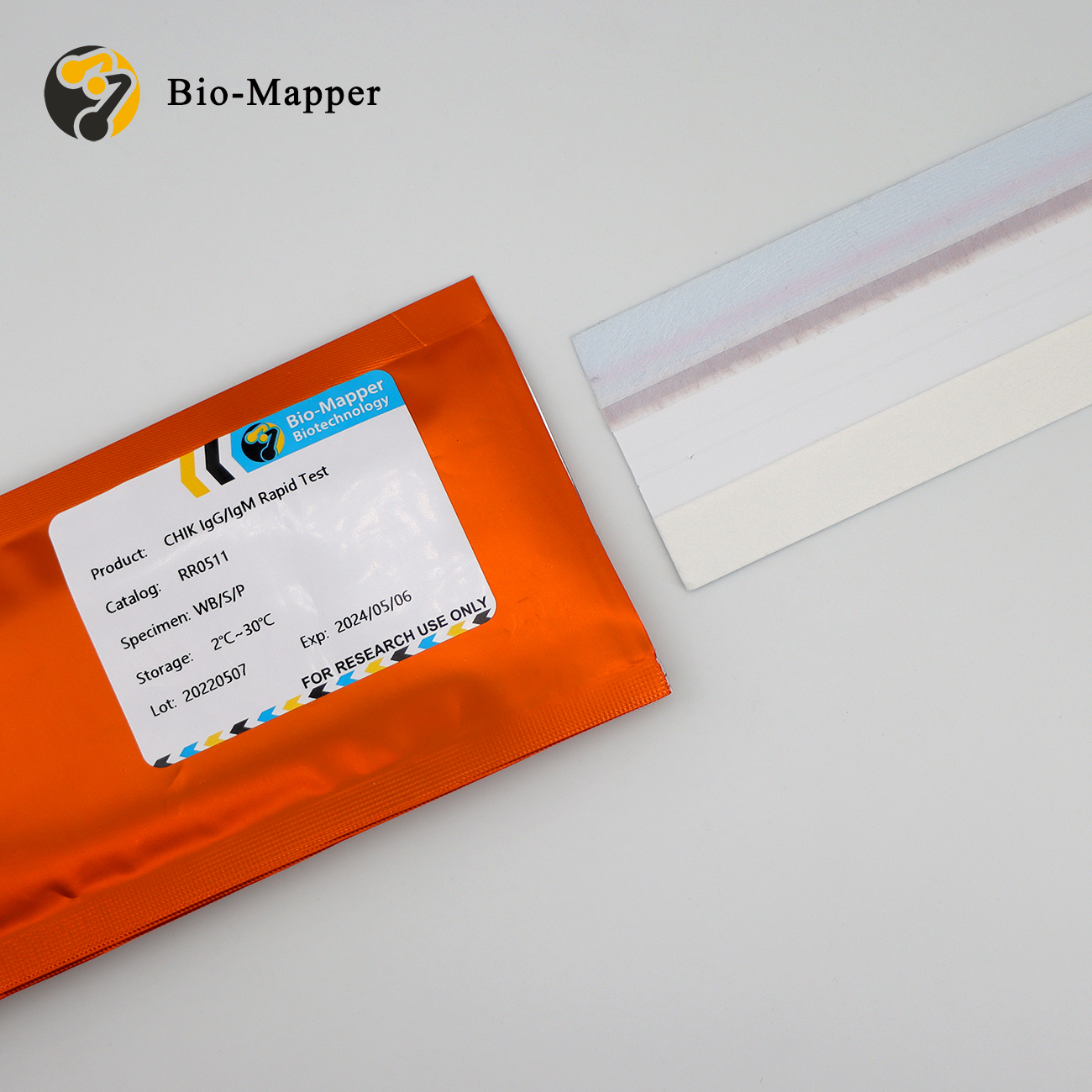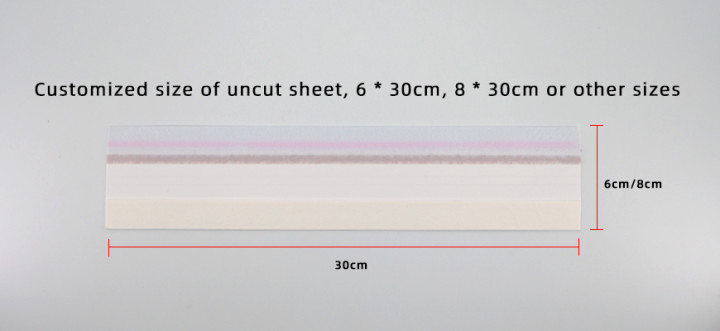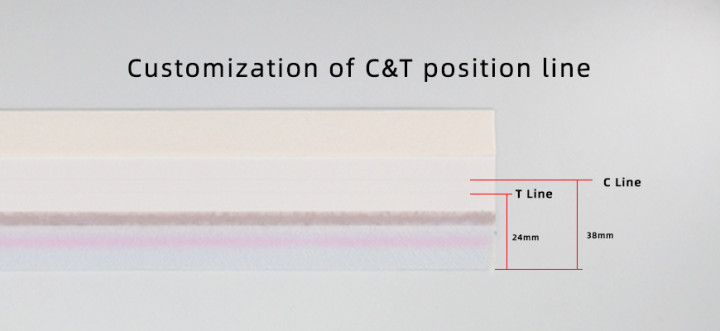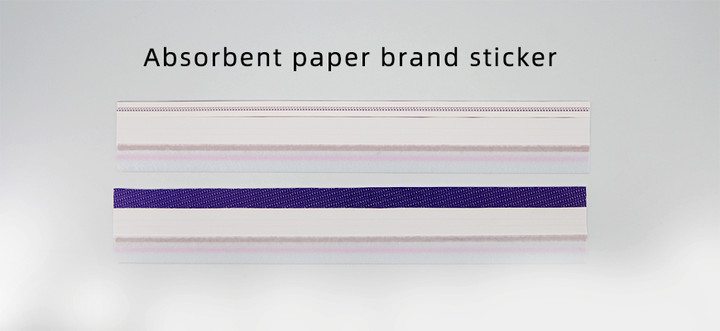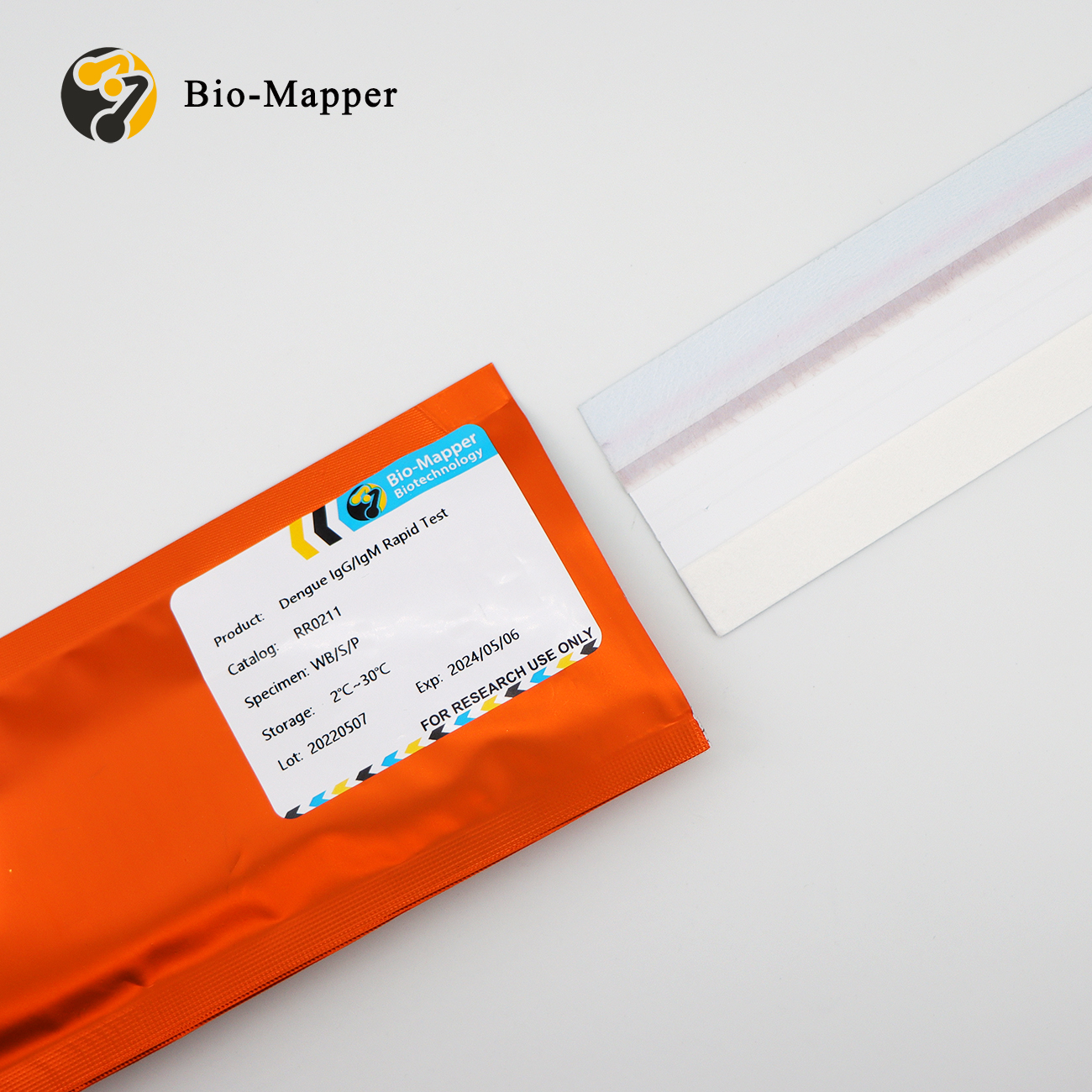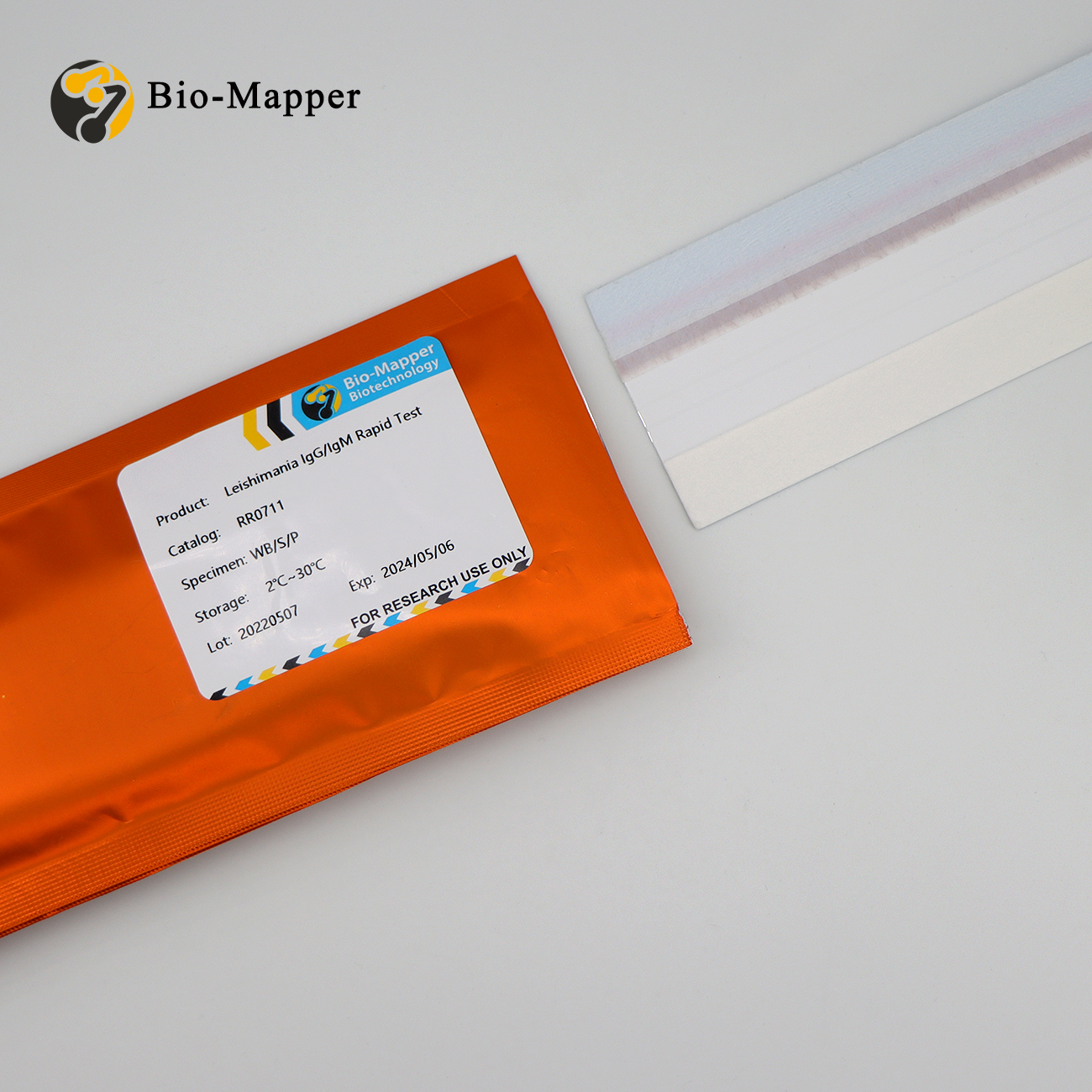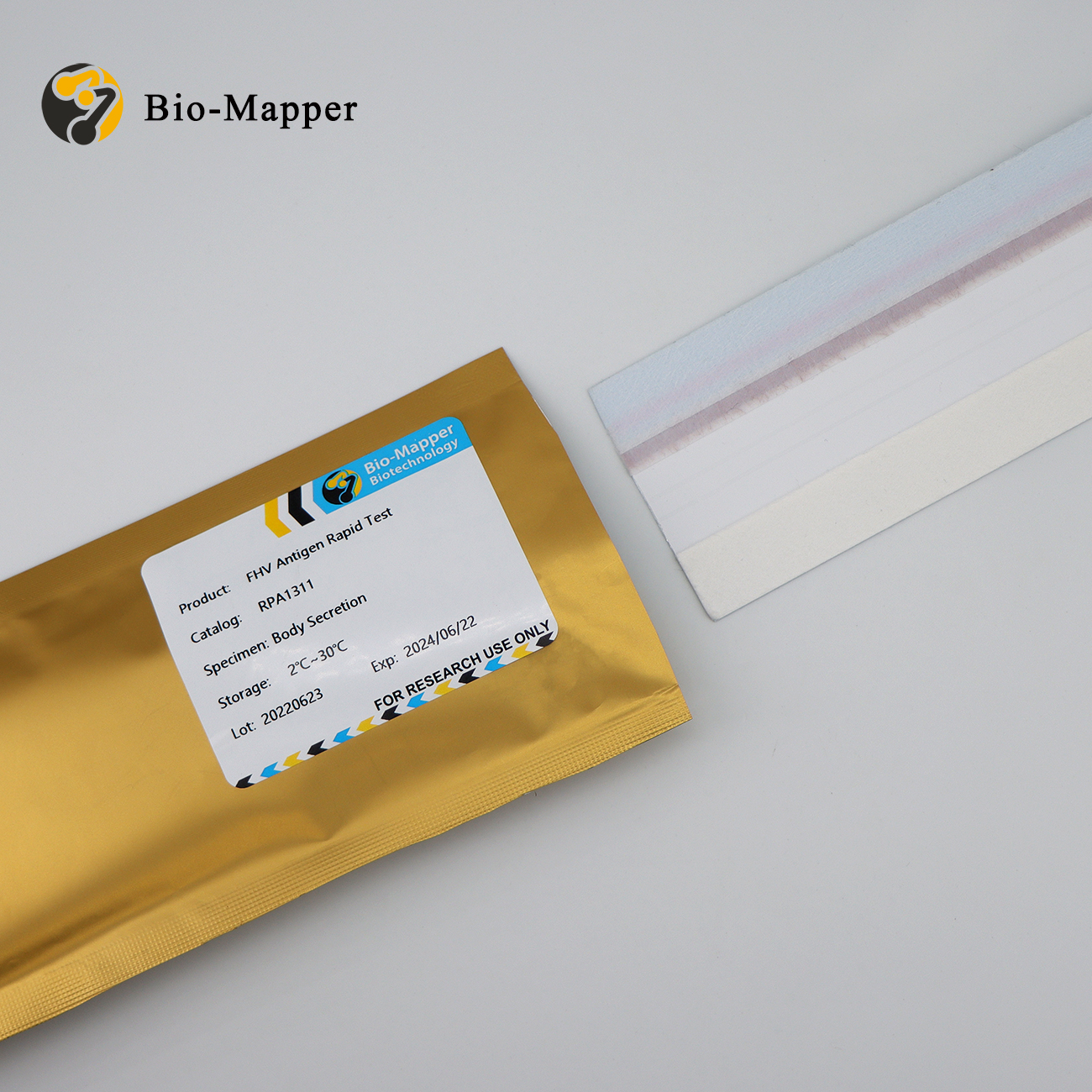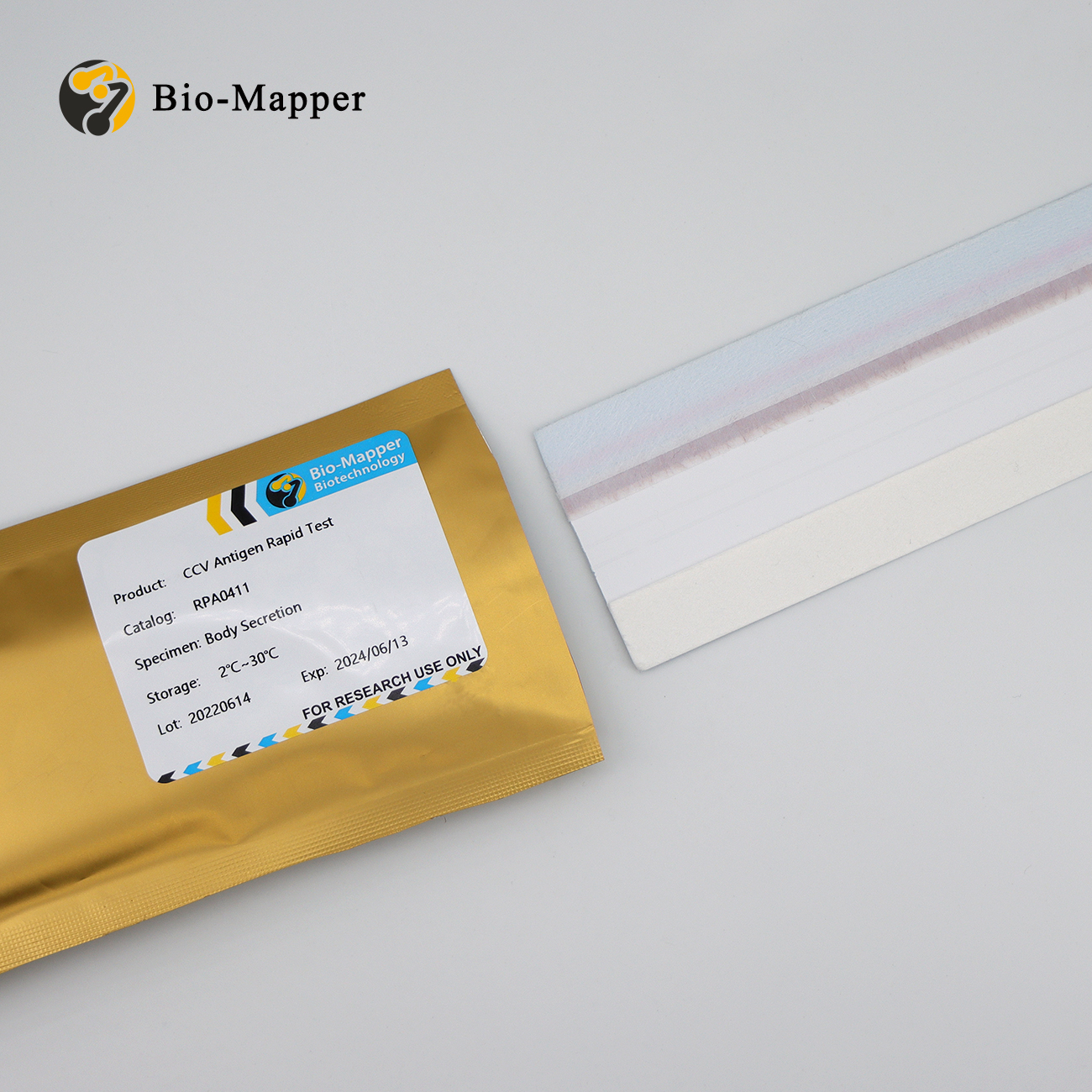Detailed description
Chikungunya is a rare viral infection transmitted by the bite of an infected Aedes aegypti mosquito. It is characterized by a rash, fever, and severe joint pain (arthralgias) that usually lasts for three to seven days. The name is derived from the Makonde word meaning “that which bends up” in reference to the stooped posture developed as a result of the arthritic symptoms of the disease. It occurs during the rainy season in tropical areas of the world, primarily in Africa, South-East Asia, southern India and Pakistan. The symptoms are most often clinically indistinguishable form those observed in dengue fever. Indeed, dual infection of dengue and chikungunya has been reported in India. Unlike dengue, hemorrhagic manifestations are relatively rare and most often the disease is a self limiting febrile illness. Therefore it is very important to clinically distinguish dengue from CHIK infection. CHIK is diagnosed based on serological analysis and viral isolation in mice or tissue culture. An IgM immunoassay is the most practical lab test method. The Chikungunya IgG/IgM Rapid Test utilizes recombinant antigens derived from its structure protein, it detects IgG/IgM anti-CHIK in patient serum or plasma within 20 minutes. The test can be performed by untrained or minimally skilled personnel, without cumbersome laboratory equipment.
